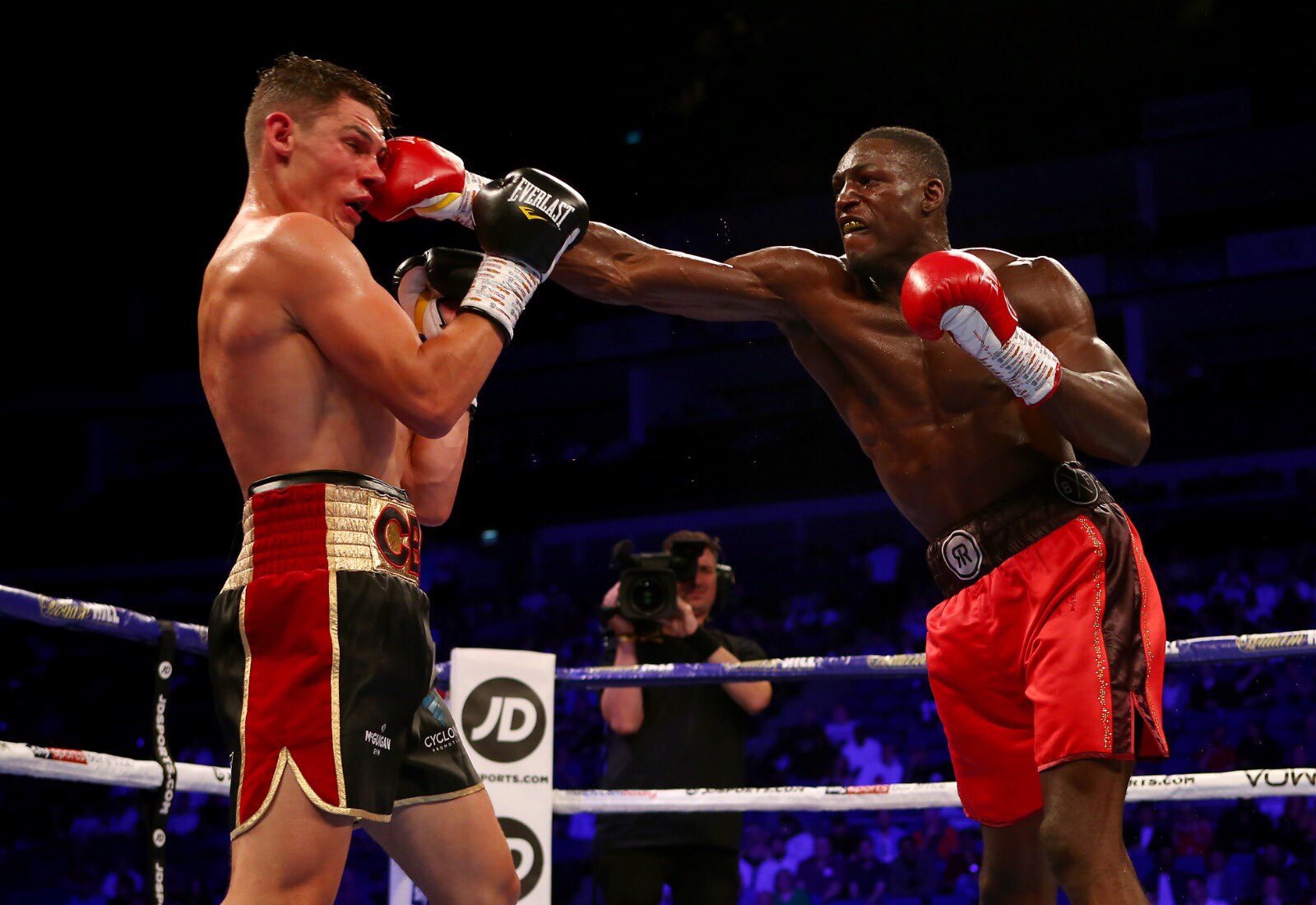Boxing in the UK: history and impact on society

The history of boxing in the UK stretches further back than the history of most sports, and there is evidence to suggest that fights were fought in the UK long before any formal rules were established and before the advent of boxing slots at palm-casino.co.uk for online play. These early days of boxing, where fights were decided by knockout, serious injury or even death, were incredibly brutal.
The first recorded evidence of boxing in Britain dates back to the Classical period, with both the Greek and Roman Empires reporting that fist fighters used belts of hardened leather on their fists. However, it was not until the 17th century that organised boxing began to take shape. At the time, it was often more closely associated with street brawls than the sport we know today.
The birth of modern boxing
The real transformation of boxing began in the 18th century with the advent of regulated rules. Jack Broughton, the heavyweight champion, introduced these rules in 1743 to protect fighters from serious injury. These, known as the Broughton Rules, were the first in a series of rules that later became the Queensberry Rules, the basis of modern sport.
The Queensberry Rules, introduced in 1867, introduced three-minute rounds, gloves, permitted striking zones, and a 10-second knockout or countout. These rules, named after their patron, the Marquis of Queensberry, dramatically changed the sport by adding more strategy and technical fighting skills.
Socioeconomic impact and cultural influence
Boxing has long had a significant socio-economic impact on British society. For many in the working class, where opportunities were often limited, boxing offered a chance to escape the harsh realities of life.
Boxing clubs became vital centres within communities. In places like East London or Liverpool, they not only provided a place to train and compete, but also acted as social centres, providing discipline, camaraderie and determination to often disadvantaged young people. Boxing bouts became major social events, drawing large and diverse crowds and influencing fashion and language.
Notable figures and international influence
Boxing in the United Kingdom has spawned some of the most famous names in the world. Cornwall-born Bob Fitzsimmons became the first world champion in three weight classes in the history of the sport. More recently, names such as Lennox Lewis, Ricky Hatton, Joe Calzaghe, and Tyson Fury have become international stars, reaching the pinnacle of the sport and helping to influence its popularity around the world.
They have had a decisive impact on British boxing over the past decades, each epitomising a different era in the sport’s history. Lewis, the first black British heavyweight world champion, dominated the 90s with his unrivalled skill and power, becoming one of the best heavyweights in history and unifying the division.
Ricky Hatton, on the other hand, epitomised the heart and tenacity of working class Manchester. He dominated the welterweight and welterweight division in the early 2000s and was known for his ruthless inside fighting style and loud and powerful fan base.
Tyson Fury, known for his flamboyant personality, has taken British boxing into a new era of heavyweights. His astounding comeback and regaining the WBC heavyweight title, overcoming public battles with mental health, has left a unique legacy. The exploits of these boxers confirmed Britain’s standing in world boxing and inspired a generation of British fighters.
Boxing’s influence extends beyond the ring. Films such as Raging Bull and literary works such as The Bullfighter at Rest have demonstrated the depth of the boxing experience, emphasising not only the physical competition but also bringing to life the wider personal and societal narratives that intersect in the ring.
Boxing in the 21st century
In the 21st century, boxing in Britain is more popular than ever, with a huge number of matches televised, rapidly increasing levels of participation and wider cultural influence. Professional fights held at world-famous venues such as Wembley Stadium or the O2 Arena regularly sell out and generate significant revenue for the UK economy.
Although boxing has faced new challenges with the popularisation of MMA, the sport continues to create compelling stories and athletes, with British boxers continuing to play a central role.
The sport remains an important part of British culture, not only because of its rich history, but also because of its unique ability to unite people from all walks of life, offer pathways to achievement for those in disadvantaged circumstances and enrich aspects of UK sporting culture.
